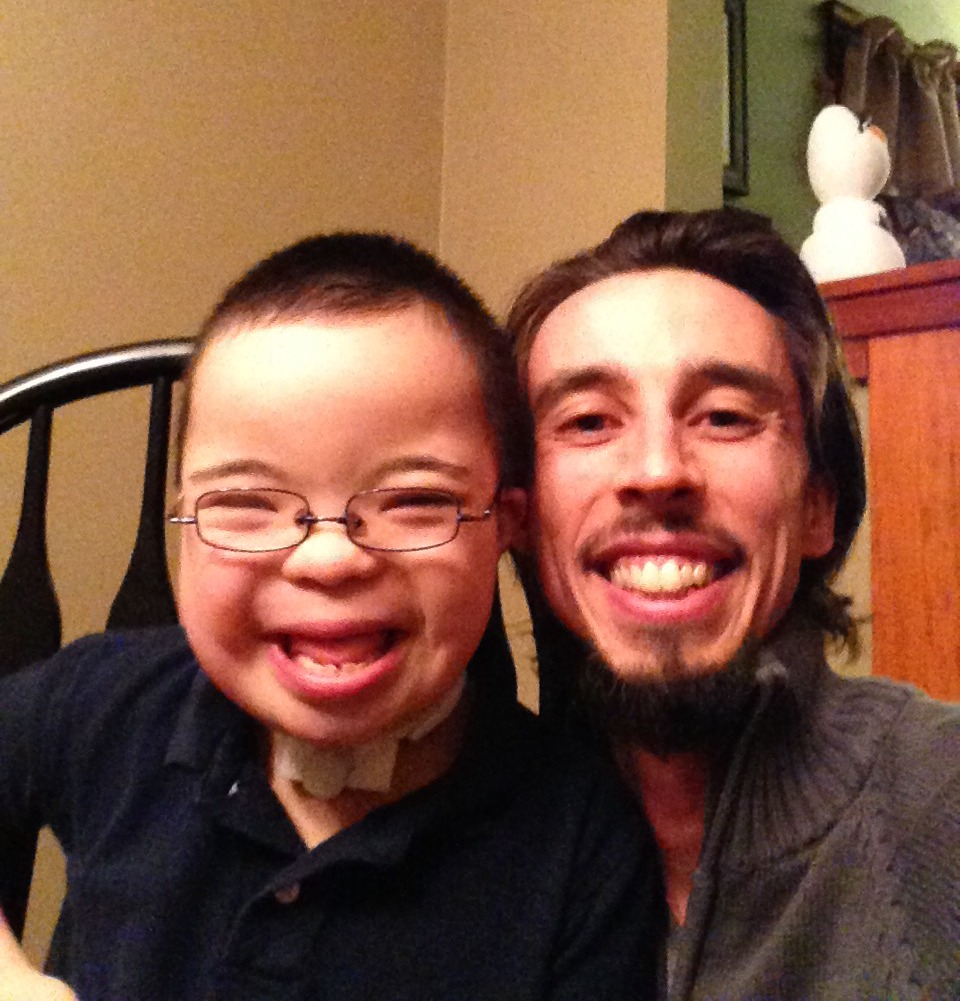Back in my youth director days, I often told my students that “for every rule, there’s an idiot.” If you come across what seems to be asinine instructions or common sense direction, the most likely reason they exist is because someone else didn’t know enough to do it that way. I encountered this even more often once I moved to a corporate job – silly protocol because someone wanted to slip past unspoken procedure. Often the way we humans respond is to put a rule in place so that it won’t happen again. When it keeps happening, everyone pays a price. Privileges are removed in hopes for change.
Apparently we need to post a sign in the state of Ohio that says, “don’t say you’re working more or less than you really are and bill medicaid.” And because it keeps happening, we will all pay a price – specifically those who are impacted by independent home health care workers, both those who provide care and the families who rely upon them.
An attempt to control fraud in one of the fastest growing industries deserves applause. However, it was noted (with lousy journalistic fact checking on my part): “From 2010-2014, 479 home care providers were criminally convicted, and independent providers accounted for 306 (~64 percent) of those convictions.” However, we can make numbers say what we want. These numbers don’t tell the entire story. Independent Provider (IP) fraud cost the state $5.9 million. A lot. YET agency fraud cost the state the same $5.9 million PLUS an additional $2.6 million that the employees of these agencies cost the state. (Source)
We’re dripping millions of dollars and the best solution we can do is to get rid of 13,000 IP healthcare jobs. This seems to be Governor Kasich’s plan. No new IPs will be allowed in and within 3 years all IPs need to find an agency to house them. What’s the harm in this, you ask? Let me introduce you to a few fantastic people.

Look at those handsome fellas!
My brother-in-law, Chad, works as an LPN to Gabe, an 8-year-old boy with Down’s Syndrome. Gabe has had a trachesostomy for most of his life and contracted a rare infection prior to Chad’s work with him which left him with a highly compromised airway. Now that Chad also accompanies Gabe to school, he works as an IP for his first 2 hours a day, but is required (by the school) to be an employee of an agency for the 6 hours of care he provides while at the school. Then he returns home for another 1-2 hours as an IP. The payoff to agency oversight? Chad brings home on average $7.17 PER HOUR less than he does as an IP.** For, as it turns out, more work. Because he can’t sit idly by, Chad pitches in with Gabe’s academic needs as well as regular maintenance of his physical condition, learning sign language and ensuring Gabe understands the work before him. (In an ideal world, students like Gabe would receive individualized attention, but it’s simply not feasible in this classroom, like many others.)
Chad is good at what he does – his teachers at nursing school adored him and his grades were the top of his class – and he will likely be able to find an agency to keep working. (For less money and more hours mind you.) However, Gabe’s family may or may not be able to keep Chad. Depending on the different ways that insurance and medicaid coexist, paper-pushers will make the decisions on behalf of the family about who will show up at their door and care for their son.
Two families are making an undesirable situation work. Chad is trying to support a family 6 on a salary which, over the last 5 years of working as a nurse, has went down instead of seeing increased wages based on merit or tenure. Gabe’s family is trying to provide him with someone that treats him with dignity and respect, giving him quality care. Of course, that can exist in a nurse provided by an agency, but an agency itself cannot. And who gets a bigger slice of the medicaid pie? The agencies. Otherwise they wouldn’t exist (and the industry wouldn’t be growing at such an alarming rate.)
How does this happen? Well, both literally and figuratively Gabe has no voice. Those who require one-on-one care are typically unable to speak out for the ways in which decisions are made on their behalf. Of course, families can advocate – and many are, like the Ohio Consumer Voice for Integrated Care (which is one of a number of organizations trying to bring about change, I am sure).
Yet let us imagine for a moment the life of a family with someone who requires considerable professional care. They also have jobs, groceries, doctor appointments, taxes, soccer practice for siblings and the gazillion other things that you and I complain about every day. Though they may hate what is happening, often they may not feel able to do one. more. thing. My friend Ellie shares her story about their journey with daughter, Kate, who requires significant care. I think her words will give more validity to this thought.
So what do we, good citizens, do about it? Tell the people making decisions on your behalf. First, sign this petition. Go ahead. I’ll wait. It opens a new window so you won’t loose your place.
Next, call your representative. I know, I hate phone calls, too. I was involved with a call campaign some years ago when changing the budget (coincidentally, also within Health & Human Services) and when I called they said they had received so many calls, they were no longer writing down names. They heard the message. The specific program I was advocating for was able to keep their place in the budget.
FRIENDS IN HARDIN AND HANCOCK COUNTY: I’m looking at you. Your very own representative, Robert Sprague is the CHAIR of this committee. This means he helps put together the agenda. He’s guiding this team. Tell him the way in which you believe you are best represented. I’ll save you the hassle of googling his number: (614) 466-3819.
I believe I’m about a day late on this, as there was supposed to be a hearing yesterday with public testimony. But no laws have been changed or passed, so there is still time to tell the guys in suits that giving agencies more money (while care providers get less) will not solve their fraudulent woes. New rules that hurt those who are trying to help won’t give individuals better care.
Some of this is new territory for me (and after the birth control debacle of 2014 I wanted to swear off anything political, but I just couldn’t shake this one), so feel free to add changes and corrections in the comments. Supply our good readers with resources and stories.
**Math notes: IPs get a different rate for the first hour they work each shift (base hour). Chad actually gets to charge 2 of these since he works 3 shifts (IP/agency/IP), and even with the added amount of the extra base hour, his average is $7.17 less. LESS! Bonus fact: his agency charges medicaid for the base hour but that difference in pay doesn’t go in Chad’s pocket. He is paid the same for all hours he works. Huh. Agencies seem to be a fantastic solution there.



